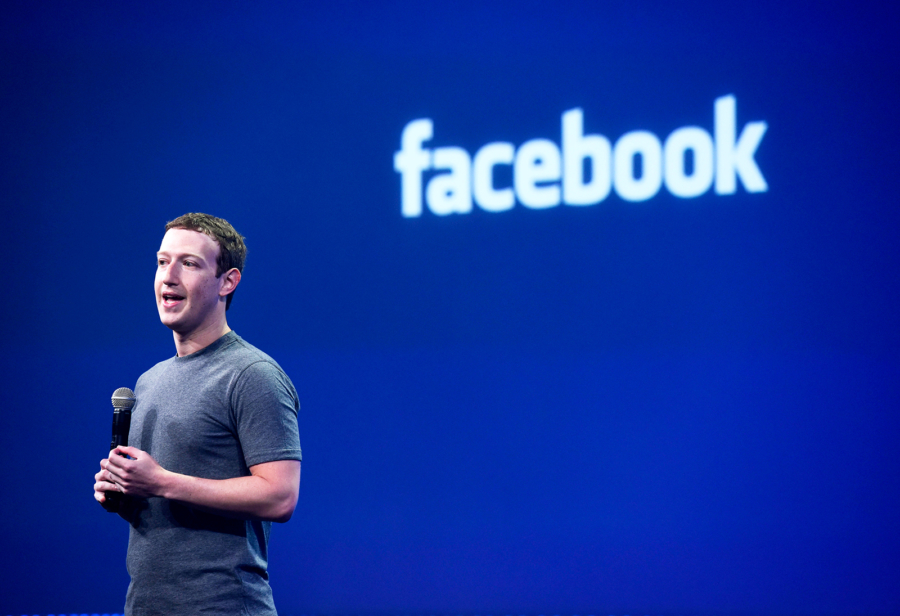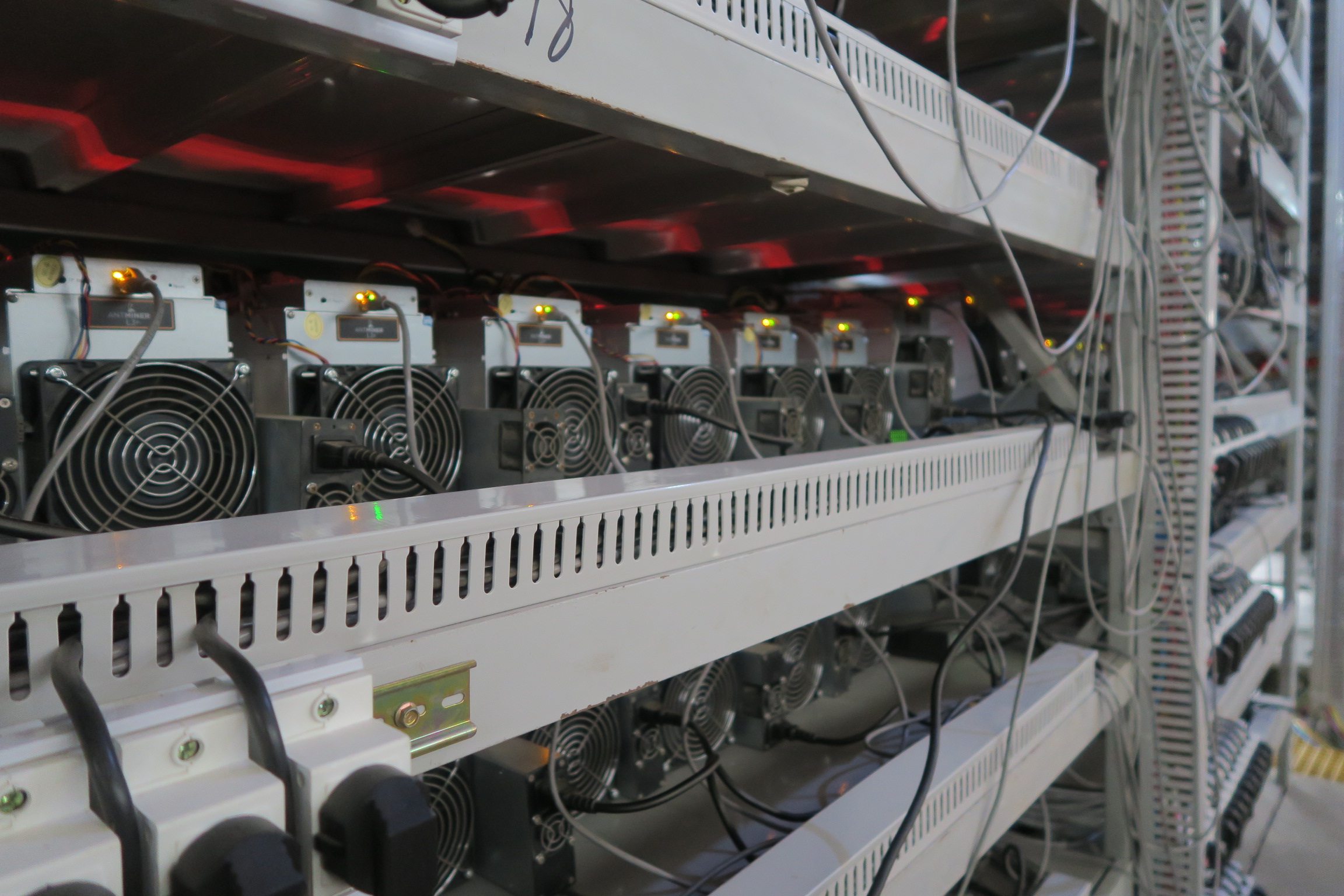Dropbox shares jumped on Friday in the cloud storage provider’s first day of trading on the Nasdaq.
The stock opened more than 40 percent higher at $29 a share and closed more than 35 percent higher at $28.48 per share.
The company listed its $756 million IPO under the trading symbol DBX and priced its 36 million shares at $21 Thursday, above the expected range of $18 to $20. A source told CNBC that the offering was 25 times oversubscribed.
The offering, the largest tech IPO since Snap last year, gave the company an initial market capitalization of more than $8 billion. That swelled to more than $12 billion by midday Friday.
“We’re ready, and this is a step that we’ve been working on for a while,” CEO Drew Houston told CNBC’s “Squawk Alley” earlier Friday. “We look at the iconic tech companies out there and most of them had even more impact after they went public.”
It’s the first of a pair of anticipated tech IPOs this year, soon to be followed by music-streaming service Spotify.
Dropbox reported more than $1 billion in 2017 revenue and 500 million registered users when its plans to go public were unsealed in February.
The company posted a net loss of $111.7 million in 2017, a narrower loss than 2016’s of $210.2 million.
Dropbox has been facing steep expenses driven by a growing R&D budget but became free-cash-flow positive in 2016.
The company says more than 90 percent of Dropbox’s revenue comes from individual users purchasing subscriptions. That’s somewhat unique in the cloud storage industry, where enterprise sales often drive income.
Dropbox, which faces some stiff competition in giants such as Amazon, Apple, Google and Microsoft, raised its long-term profit outlook for expanded margins in confidential documents revealed to investors and seen by CNBC.
“We’ve always lived in a competitive environment … and importantly all our growth has happened in that environment,” Houston said. “We don’t see Amazon in our space. You know, things can change. We don’t count anyone out.”
The company has been named to CNBC’s Disruptor 50 list five times as a company whose innovations have revolutionized its industry and the way we live.
Goldman Sachs, J.P. Morgan, Deutsche Bank and Allen & Co. were among the top underwriters for the company’s IPO.




 Ant Creek to Provide Millions in Private Revenue and Full Time Jobs
Ant Creek to Provide Millions in Private Revenue and Full Time Jobs